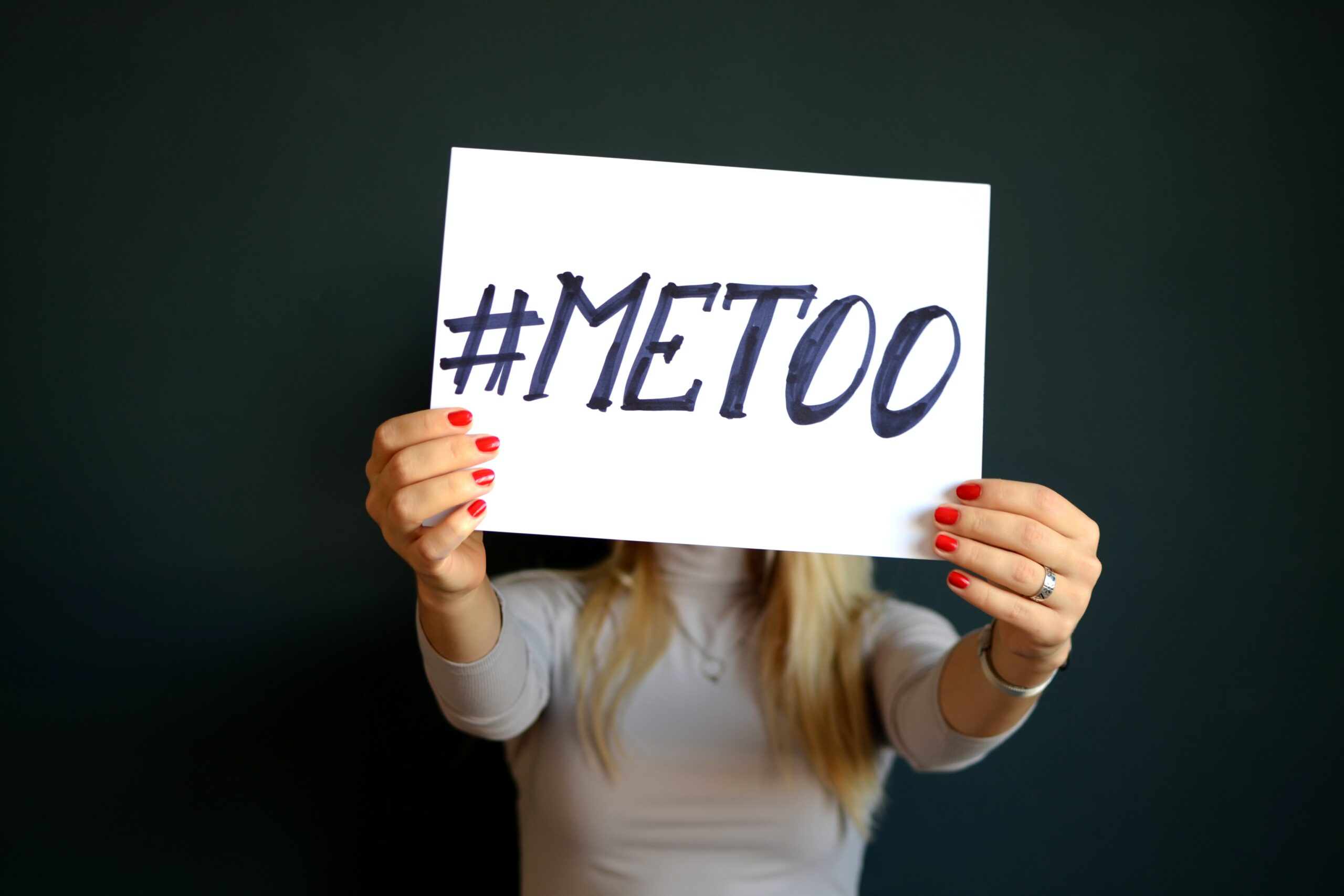
New laws make employers responsible for the prevention of sexual harassment and discrimination
The Federal Government is introducing new laws this week which will strengthen existing laws under the Anti-Discrimination and Human Rights Legislation in an effort to stamp out sexual harassment and discrimination in the workplace.
And under the new reforms, the onus is directly upon employers to make sure preventative measures are in place. But … hasn’t that always been the case?
By Paul Rattray
‘Positive Duty’ – what it means for employers
Yes, and no. However, the bottom line is that the new laws really strengthen what’s called ‘positive duty’ and give the Human Rights Commission additional powers to assess compliance, and consequently issue notices if employers are not meeting obligations.
Essentially, ‘positive duty’ means that employer’s obligations are to ensure that a proactive approach is taken to educate employees on exactly what constitutes harassment, sexual harrasmnent, bullying and discrimination, along with what’s acceptable workplace behaviour and what’s not (zero tolerance is ideal).
Along with this information, penalties for breaching the workplace code of conduct must be clearly articulated to employees via policies and procedures, and updated regularly.
Furthermore, employers are expected to take appropriate action against employees who engage in misconduct.

Get professional HR advice
This is undoubtedly going to place a significant burden on small businesses that don’t have internal HR resources, or big budgets. We do suggest that you get some professional advice – getting this wrong in this day and age is simply unacceptable. It could also completely ruin your brand, not to mention decimate your workforce and destabilise your business. These are risks not worth taking.
Of course, there are also risks involved in managing such incidents if they arise (such as the risk of an alleged perpetrator taking action for unfair dismissal) so it’s wise to know where you stand as an employer.
It’s also critical to provide employees with an exceptional degree of clarity, to do everything that’s possible to create healthy, well functioning teams and pre-empt issues prior to problems arising, and to make sure that if any issues do arise, they are handled with due care, respect for all parties involved, fairness, and regard for the law.
Sexual harassment is rife in Australia – the figures show that one in three people experienced workplace sexual harassment over the past five years, with women experiencing higher rates than men. Aboriginal and Torres Strait Islander people, people with a disability and members of the LGBTQ+ community are also, on average, more likely to experience workplace sexual harassment.
The cost to the economy is staggering — estimated to be about $3.8 billion a year in lost productivity, staff turnover and absenteeism. So, it is up to all of us to do what we can to stop it.
What we’ve witnessed in Australia, particularly since the #metoo movement is that no industry is immune, and that this type of misconduct can occur in any business, even under the leadership of the most vigilant CEOs.
Bullying, harassment and misconduct
Educating employees is one thing, ensuring that employees have seamless access to appropriate resources, such as independent, confidential and anonymous reporting of misconduct, as well as professional mental health services if they have been a victim, are also vital.
There are some excellent companies contracting these services, and they are worth looking into.
